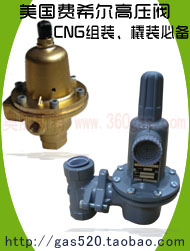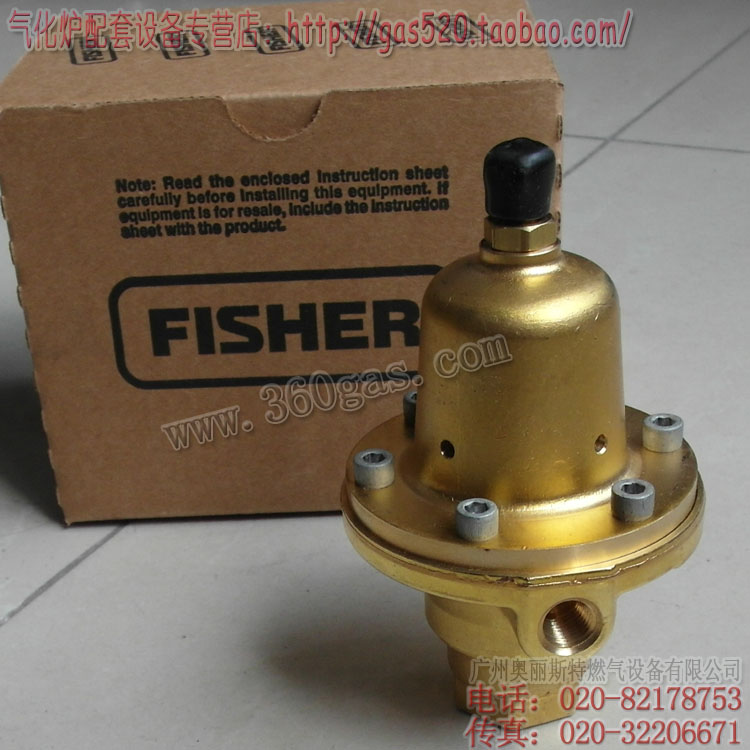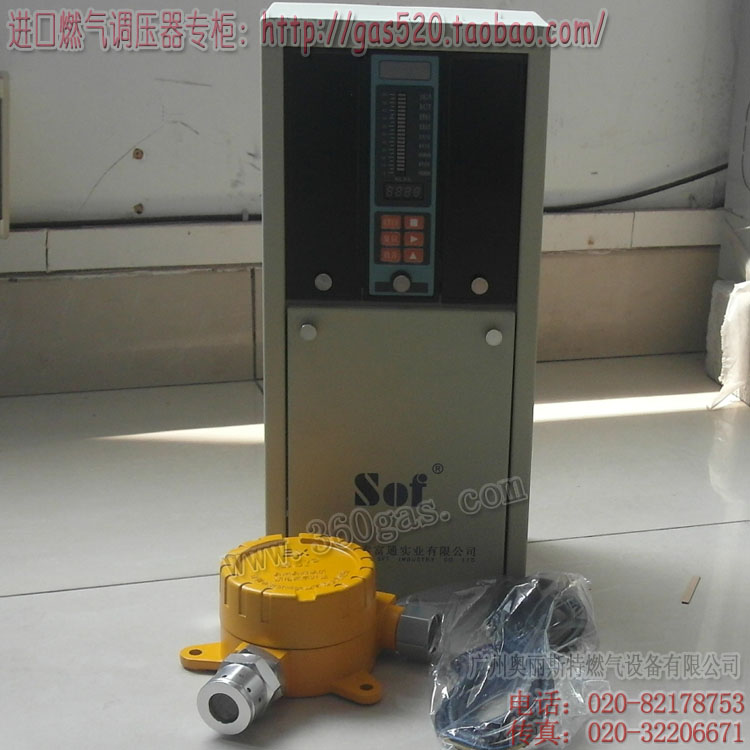位置:首页 > 燃气资讯 > UPS爬升天然气投资/UPS Ram
UPS爬升天然气投资/UPS Ramps Up Natural Gas Investment
浏览次数 1164 , 日期 2013-04-28 , 燃气设备 加入收藏
 经营计划横跨10个州的700个新的LNG汽车
经营计划横跨10个州的700个新的LNG汽车
UPS另类燃料车辆加速增长计划购买约700个液化天然气(LNG)的车辆,并建立由2014年年底的4个加气站。一旦完成,LNG私人车队将是一个最广泛的在美国
“液化天然气将是一个可行的替代运输燃料的UPS在未来十年,传统的化石燃料和新兴的可再生替代燃料和技术,还没有准备好基础广泛的长期商业部署之间的桥梁,”斯科特·戴维斯表示,UPS董事长兼首席执行官。
UPS已经营天然气汽车十余。随着天然气价格的30-40%,低于进口柴油和美国加紧生产,物流公司更积极地投资在天然气基础设施需要的UPS交付网络的一部分。除了 良好的燃油成本和国内资源的访问,业内人士列举了25%的二氧化碳排放量降低。
全球UPS有1000多家天然气车辆在道路上的今天。UPS的替代燃料和先进的技术船队2600余辆,还包含了一系列广泛的低排放车辆,包括全电式电动混合动力汽车,液压混合动力汽车,丙烷,压缩天然气和生物甲烷。自2000年以来,车队采用替代燃料和技术带动超过295万英里。
新的UPS建液化天然气加气站,在诺克斯维尔,田纳西州,纳什维尔和孟菲斯和达拉斯,得克萨斯州,将成为重量级钻机旅客到相邻的国家。随着访问的加油站此外,UPS也将增加液化天然气卡车的航线从达拉斯,休斯顿和圣安东尼奥,进一步扩大领土。
初期投资为1800万美元,建立加油站将得到这700 LNG牵引车和持续扩张的天然气车队在美国UPS已经营112 LNG牵引车拖车在内华达州拉斯维加斯的加油站购买;亚利桑那州凤凰城,海狸和盐湖城,犹他州,加利福尼亚州安大略省,其财产,并拥有自己的LNG加气站
“戴维斯说:”公私合作伙伴关系和立法行动可以去除抑制天然气以及抵消车辆的增量成本较高的公司,如UPS和其他拓宽部署创造了有利的条件,从燃油税。
作为一个全球性的可持续发展的先驱,UPS的创始州际清洁交通走廊(ICTC)车队的合作伙伴,一组,建立了公开访问的LNG加气站在加利福尼亚州,拉斯维加斯,和犹他。ICTC督导委员会的成员包括8个在地方,州和国家各级政府和监管机构。
“当其他航运和物流公司都在谈论可能性,我们将使用替代燃料的车辆在高速公路上,”戴维斯说。“液化天然气(LNG)是一个很好的替代石油为基础的燃料,因为它是丰富的长途交付舰队,并以更低的成本生产的排放量减少。UPS,我们正在帮助,打掉一些商业运输液化天然气市场的广泛认可,继续建立车辆的需求,燃料和维护基础设施的最大障碍。
,“戴维斯说:”我们计划通过基础设施建设合作伙伴关系,并指出领导的方式,使经济上可行替代燃料汽车车队在更广泛的扩展。
 Plans to operate 700 new LNG vehicles across 10 states
Plans to operate 700 new LNG vehicles across 10 states
UPS is accelerating growth of its alternative-fuelled vehicle fleet with plans to purchase approximately 700 liquefied natural gas (LNG) vehicles and to build four refueling stations by the end of 2014. Once completed, the LNG private fleet will be one of the most extensive in the U.S.
“LNG will be a viable alternative transportation fuel for UPS in the next decade as a bridge between traditional fossil fuels and emerging renewable alternative fuels and technologies that are not quite ready for broad-based long-term commercial deployment,” said Scott Davis, UPS Chairman and CEO.
UPS has been operating natural gas vehicles for more than a decade. With natural gas prices 30-40 percent lower than imported diesel and U.S. production gearing up, the logistics company is investing more aggressively in the natural gas infrastructure necessary to make it part of the UPS delivery network here. Beyond favorable fuel cost and domestic resource access, the industry cites 25 percent less CO2 emissions.
Worldwide UPS has more than 1,000 natural gas vehicles on the road today. UPS’s alternative fuel and advanced technology fleet of more than 2,600 vehicles also includes a wide array of low-emissions vehicles, including all-electrics, electric hybrids, hydraulic hybrids, propane, compressed natural gas and biomethane. Since 2000, the fleet powered by alternative fuels and technologies has driven more than 295 million miles.
New UPS-built LNG fueling stations in Knoxville, Nashville and Memphis, Tenn., and Dallas, Texas, will serve its heavy-weight rigs traveling into adjacent states. With the addition of accessible fueling stations, UPS also will add LNG trucks on routes from Dallas, Houston and San Antonio to further extend territory.
An initial investment of more than $18 million to build fueling stations will be supported by the purchase of these 700 LNG tractors and continued expansion of the natural gas fleet in the U.S. UPS already operates 112 LNG tractor trailers from fueling stations in Las Vegas, Nev.; Phoenix, Ariz., and Beaver and Salt Lake City, Utah, and has its own LNG fueling station on its property in Ontario, Calif.
“Public-private partnerships and legislative action can remove disincentives from fuel taxes on natural gas as well as offset the higher incremental costs of the vehicles to create the favorable conditions for companies like UPS and others to broaden deployment,” Davis added.
As a global sustainability pioneer, UPS was a founding Interstate Clean Transportation Corridor (ICTC) fleet partner, a group that established publicly accessible LNG fueling stations in California, Las Vegas, and Utah. The ICTC steering committee includes eight government and regulatory agencies at the local, state and national levels.
“When other shipping and logistics companies are talking about possibilities, we are putting alternative fueled vehicles on the highway,” said Davis. “LNG is a good alternative to petroleum-based fuel for long-haul delivery fleets as it is abundant and produces reduced emissions at less cost. At UPS, we are helping to knock down some of the biggest hurdles to broad market acceptance of LNG in commercial transportation by continuing to establish vehicle demand, fuel and maintenance infrastructures.
“We plan expansion through infrastructure partnerships and a broader fleet in states that are leading the way to make alternative fuel vehicles economically feasible,” Davis said.








